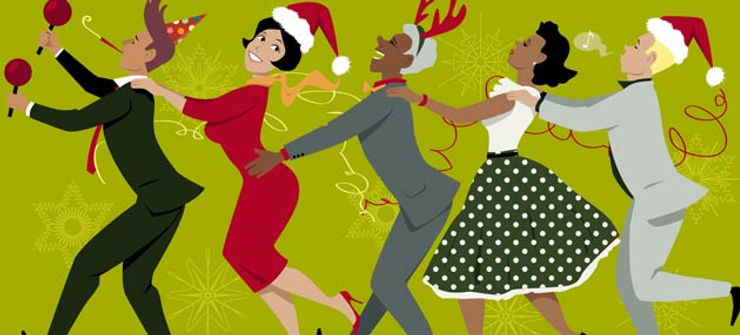Christmas parties are a great way to reward your workers at the end of a hard year.
However, there are legal implications and risks that come with too much ‘cheer’ at the party – for both employers and employees.
Employers are legally responsible
Despite its festive atmosphere, the party is legally an extension of your work-place, even if it is held offsite and outside working hours.
All Employers have a legal duty of care and must provide a safe environment for its workers as far as reasonably practicable. With consumption of alcohol, the risk of sexual harassment, discrimination, assault or other unwanted conduct increases dramatically.
As an employer you can’t stop claims being made against you, but you can take steps that will greatly reduce the risk of liability.
There are a number steps you can take to show that you took preventative actions and demonstrated a commitment to health and safety of all those involved.
Education
Before the function, remind your employees about your policies such as ‘code of conduct’, ‘sexual harassment’ and ‘social media policy’.
How to deal with an incident
Despite your best efforts, things may still go wrong at the party. If so, DO NOT attempt to discipline employees at the party itself. Send them home if necessary and deal with the incident when you are back at the office – AND SOBER.
Alcohol consumption
You can control over-consumption by pre-organising drink vouchers (e.g. 3 per person). Making plenty of food available early on.
Be respectful of employees who, for whatever reason, do not drink. Ensure a plentiful supply of alcohol-free alternatives and lots of water.
Catering
Be accommodating, not discriminatory. Remember that employees may be vegetarian or unable to eat certain foods. Ask about any special dietary requirements so that these can be accommodated.
Drugs
It is an offence for an employer to knowingly permit or even to ignore the use or supply of any drugs taking place on their premises or during a work function.
Social Media
With social media, the risk is that you have a much far broader audience if things go wrong. For example, party photos may appear on social media, displaying raunchy behaviour by someone or a group of people. Some people may think the photos are funny. But it’s not at all funny when that photo or post becomes a critical piece of evidence in a sexual harassment or bullying case.
Making promises
Alcohol can make you “speak easy” so managers should avoid conversations about performance, promotion, salary or career prospects. However, a promise made at a Christmas part is still a promise – even if the employer cannot remember the conversation.
Getting home
Consider how your employees will get home after the party. If you are serving alcohol, arrange viable and safe travel options such as a taxi, bus or public transport at the end of the event.
The morning after
If a working day follows your event, be clear about your expectations regarding absenteeism the next day. Ensure that all staff knows the extent to which you will be lenient about coming to work late and that, if your expectations are breached, disciplinary action may be taken. Be careful – a past history of tolerance, could be used as evidence that disciplinary action against an individual is unfair or even discriminatory.
If you take some simple precautions, the Christmas party can be a fun and relaxed way for you and your team to celebrate a year of hard work.
If you require information on HR services on this area of management, please contact Total HRM on 1800 868 254.







